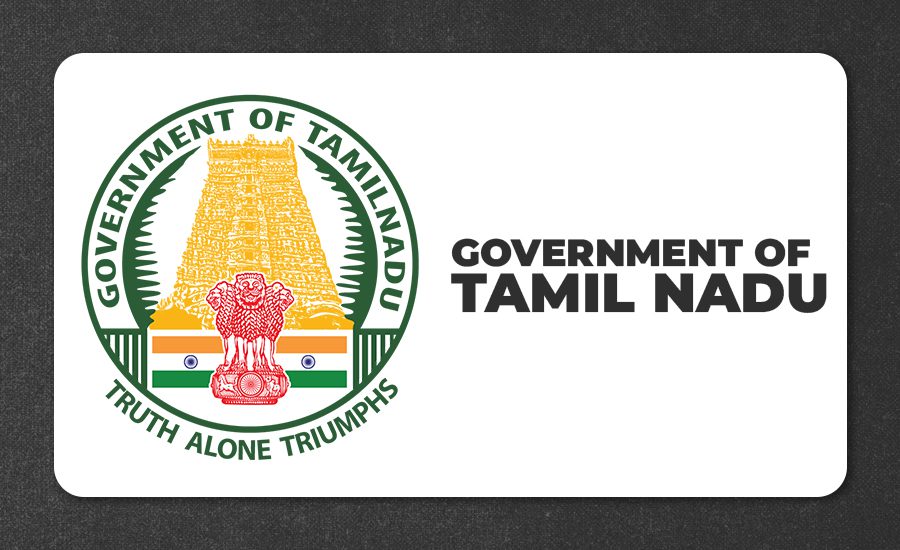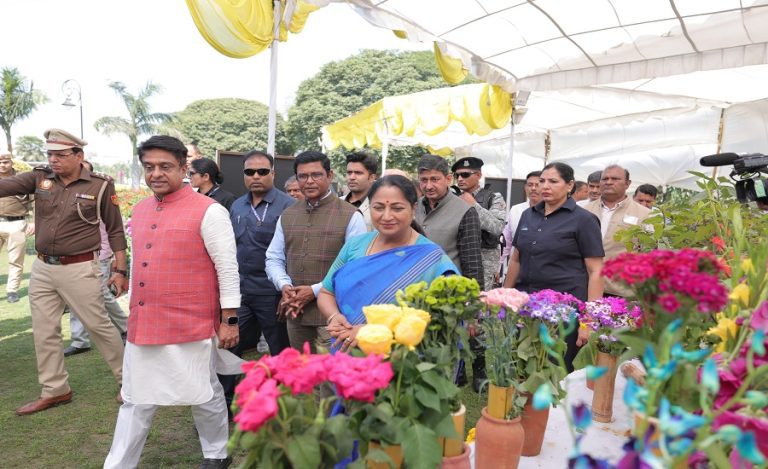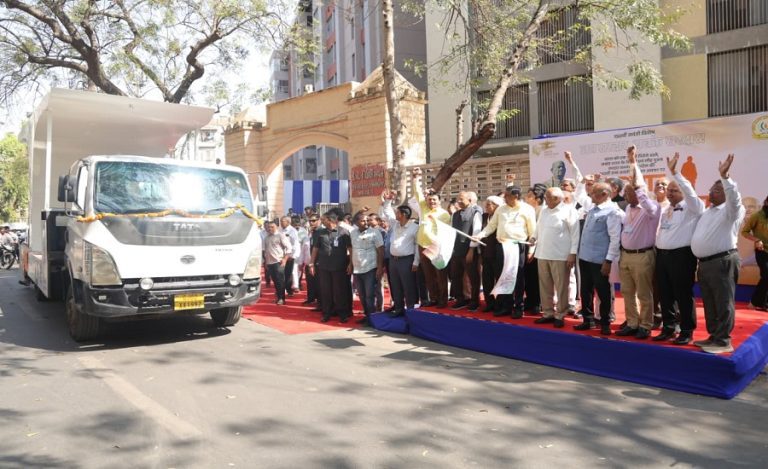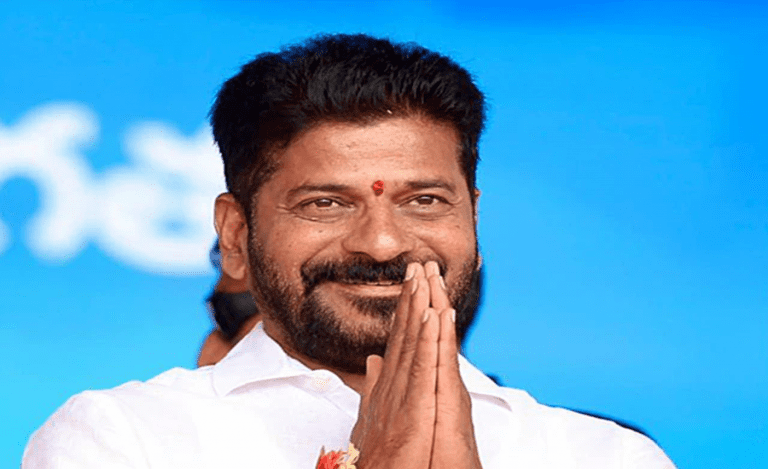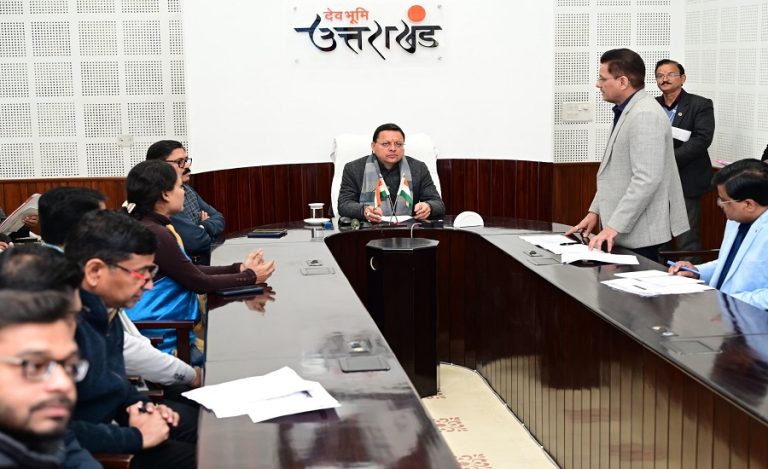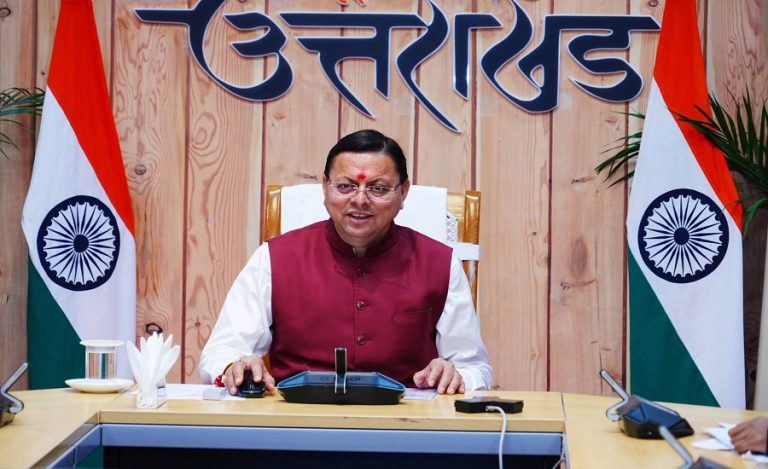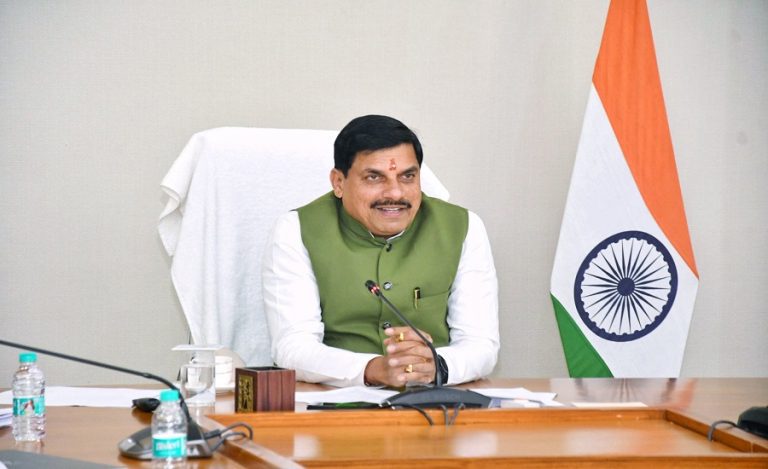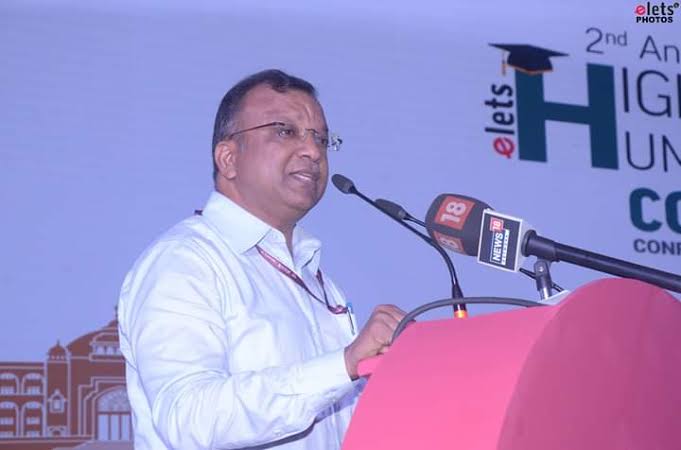The weather department has issued an alert for heavy rainfall across Chennai and other regions of Tamil Nadu due to the retreating Northeast monsoon, expected to last from October 15th to October 17th. Chief Minister MK Stalin conducted a preparedness review with officials on Monday.
The CM directed the food, water, and electricity departments to ensure adequate supplies and arrangements during the expected downpours. Both the National Disaster Response Force (NDRF) and state relief teams are on standby for potential rescue operations, particularly in low-lying areas.
The Mayor of Chennai announced that approximately 900 pumps and nearly 60 motors have been deployed across various locations to prevent flooding. Additionally, the Tamil Nadu government has declared a holiday for schools and colleges in Chennai, Tiruvallur, Kancheepuram, and Chengalpattu districts for October 15th. CM Stalin has also instructed authorities to issue advisories allowing IT employees in these districts to work from home from October 15th to 18th.
During the meeting, the Chennai Corporation Commissioner reported that “990 pumps and 57 tractors equipped with pump sets are ready. We have 36 motorboats, 46 metric tons of bleach powder, 25 metric tons of lime powder, and phenol on standby. Additionally, 169 camp offices and sufficient cooking spaces for rescue operations, along with 59 JCB machines, 272 tree cutters, 176 water drainers, 130 generators, and 115 lorries, are prepared as part of our monsoon readiness.“
Who Are The IAS Officers? Check Their Numbers Here:
Chennai Corporation has also issued helpline numbers for monsoon-related complaints and queries due to heavy Chennai rain. The numbers are:
044 2561 9204
044 2561 9206
044 2561 9207
1913
Earlier, the Stalin government appointed 15 IAS officers to oversee preparedness in Chennai zones in the wake of the northeast monsoon — which is expected to hit the state soon. The said officials shall ensure zone-wise readiness, coordination, identification of vulnerable areas, setup of relief camps, and availability of essential medicines.
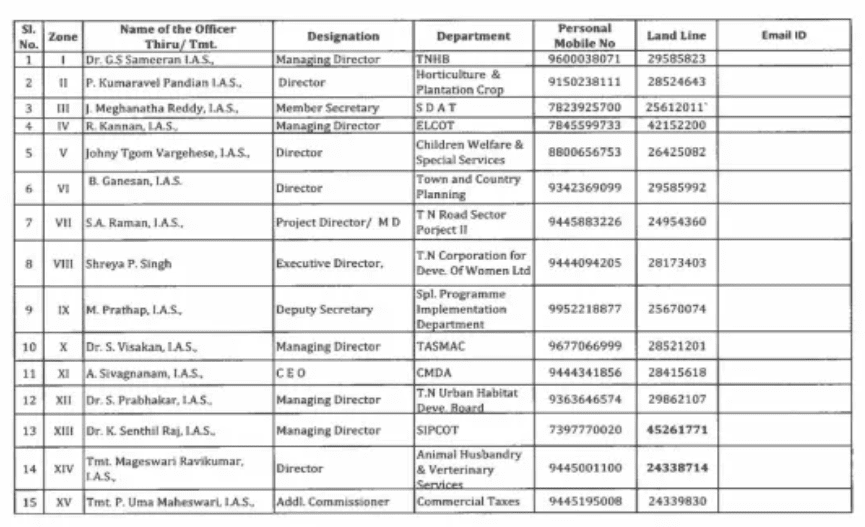
The said officers will be tasked with monitoring general preparedness and overseeing planning and coordination, identification of vulnerable areas, mapping and analysis, preparedness of institutional arrangements and pre-positioning of men and materials. Apart from this, the bureaucrats shall also look after the capacity building, mitigation measures, sanitization of other stakeholders, deployment and traffic plans, communication, relief arrangements and medical preparedness should also be looked into.

